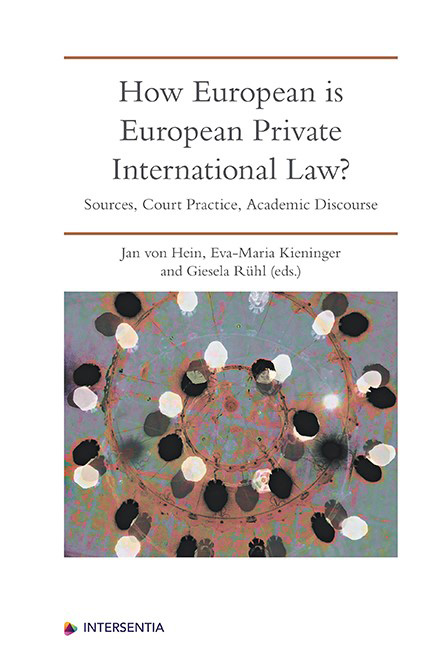Should European Teachers Focus on European Private International Law?
Published online by Cambridge University Press: 22 December 2020
Summary
INTRODUCTION
This chapter explores the role that European Private International Law should play in legal education in the European Union.
Many contributions in this volume have already rightly insisted on the importance of European law as a source of Private International Law in the Member States. In the field of choice of law, EU regulations have largely replaced the national rules of the EU Member States. In the areas where such regulations have been adopted, the national choice of law rules of the Member States have essentially become obsolete, and only apply residually to address issues excluded from the scope of the relevant EU regulations. In the field of jurisdiction and judgments, EU regulations have a limited geographical scope. The national rules of the Member States remain applicable outside of this scope, in particular in disputes with certain connections with third States. Yet, in practice, it is likely that the majority of disputes will fall within the geographical scope of these EU regulations, and that the practical importance of European rules on jurisdiction and judgments is now higher than that of the national rules of the Member States.
Additionally, certain Member States have considered that it would be better to have a single regime and unilaterally extended the scope of EU regulations to certain issues falling outside of their geographical scope.
The conclusion seems obvious. European Private International Law has gradually become more important, from a practical point of view, than the national rules of the Member States. It should therefore be central to legal education in this field in all Member States.
An important lesson from the survey of the teaching of Private International Law in Europe (and beyond) conducted by Thomas Kadner Graziano is that we live in a world of finite resources. Where students are fortunate enough to attend a class on Private International Law, the class will typically last for one semester only. While there are, of course, a few great post-graduate degrees which specialise in Private International Law, again, most students will, at best, study the field during one semester. Those teaching Private International Law must therefore make choices that are certainly difficult for many of them. In particular, they may have to decide whether to focus on European Private International Law, or to teach their own national rules instead.
- Type
- Chapter
- Information
- How European is European Private International LawSources, Court Practice, Academic Discourse, pp. 355 - 362Publisher: IntersentiaPrint publication year: 2019

